The classical guitar: an instrument of elegance
The classical guitar, with its graceful sound and timeless appeal, holds a cherished place in the world of music. Steeped in history and renowned for its delicate tonality, the classical guitar evokes a sense of elegance and sophistication. In this article, we will delve into the captivating realm of classical guitar, exploring its rich heritage, technical intricacies, and enduring allure.
I. Historical Origins and Development :
The classical guitar's roots can be traced back to early stringed instruments such as the lute and vihuela. However, it was during the Renaissance and Baroque eras that the guitar began to take its recognizable form. Influential composers like John Dowland and Gaspar Sanz composed music specifically for the guitar, paving the way for its prominence in classical music.
In the 19th century, Spanish luthiers such as Antonio de Torres Jurado revolutionized guitar construction, introducing design improvements that greatly enhanced tonal quality and projection. The guitar gained recognition as a solo instrument, and virtuosos like Francisco Tárrega and Andrés Segovia further elevated its stature through their exceptional performances and compositions.
II. Unique Characteristics and Techniques
The classical guitar possesses distinct features that contribute to its enchanting sound. Its wooden construction, typically with a spruce or cedar top and rosewood or mahogany back and sides, allows for a warm, resonant tone. The use of nylon strings, in contrast to the steel strings of acoustic or electric guitars, imparts a softer and more delicate timbre.
Classical guitar technique requires a combination of precise finger placement, intricate fingerpicking, and disciplined right-hand control. The use of the fingertips rather than a pick allows for greater control over dynamics and expressiveness. Techniques such as arpeggios, tremolo, and legato phrasing enable the guitarist to create a wide range of textures and colors.
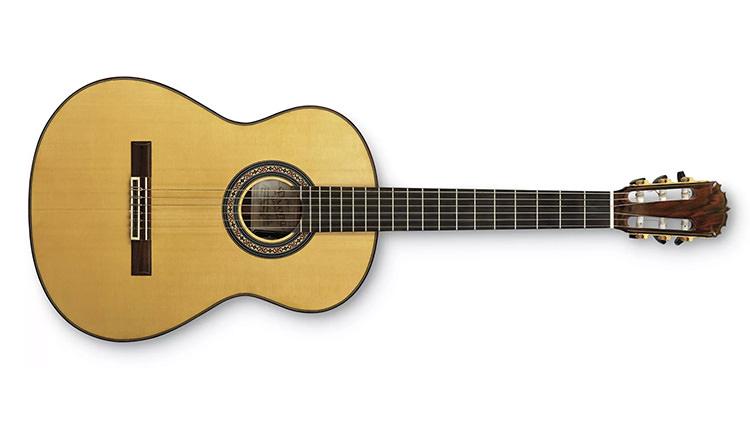
III. The Repertoire and Influential Composers:
The classical guitar repertoire spans centuries, encompassing works by renowned composers from various eras. The compositions of Baroque masters like Johann Sebastian Bach and Sylvius Leopold Weiss remain staples of the repertoire, showcasing the guitar's ability to interpret intricate counterpoint and ornamentation.
The Romantic era introduced a wealth of expressive and virtuosic compositions for the guitar. The works of composers such as Fernando Sor and Mauro Giuliani highlight the instrument's lyrical qualities and technical prowess. Notably, Francisco Tárrega's compositions, such as "Recuerdos de la Alhambra" and "Capricho Arabe," continue to captivate audiences with their evocative melodies and intricate fingerstyle techniques.
The 20th century witnessed a resurgence of interest in the classical guitar, thanks in large part to the tireless efforts of Andrés Segovia. His collaborations with contemporary composers, including Manuel Ponce and Joaquín Rodrigo, led to a vast expansion of the guitar's repertoire. The haunting melodies of Rodrigo's "Concierto de Aranjuez" have become synonymous with the instrument, demonstrating its capacity for orchestral grandeur and emotional depth.
IV. The Enduring Appeal of the Classical Guitar:
The classical guitar's enduring appeal lies in its ability to evoke a wide range of emotions and transport listeners to different musical landscapes. Its intimate and nuanced sound invites introspection and contemplation, making it an ideal vehicle for expressing profound musical ideas.
Moreover, the classical guitar's accessibility contributes to its popularity. Unlike larger instruments such as the piano or orchestral instruments, the guitar is portable and relatively affordable, allowing aspiring musicians of all ages to engage with its beauty and complexity.
Famous classical guitarists
The realm of classical guitar has witnessed the rise of many renowned virtuosos who have left an indelible mark on the instrument's history. While it's challenging to narrow down the list to just a few, here are some of the most famous classical guitarists who have made significant contributions to the world of classical guitar:
1. Andrés Segovia (1893-1987):
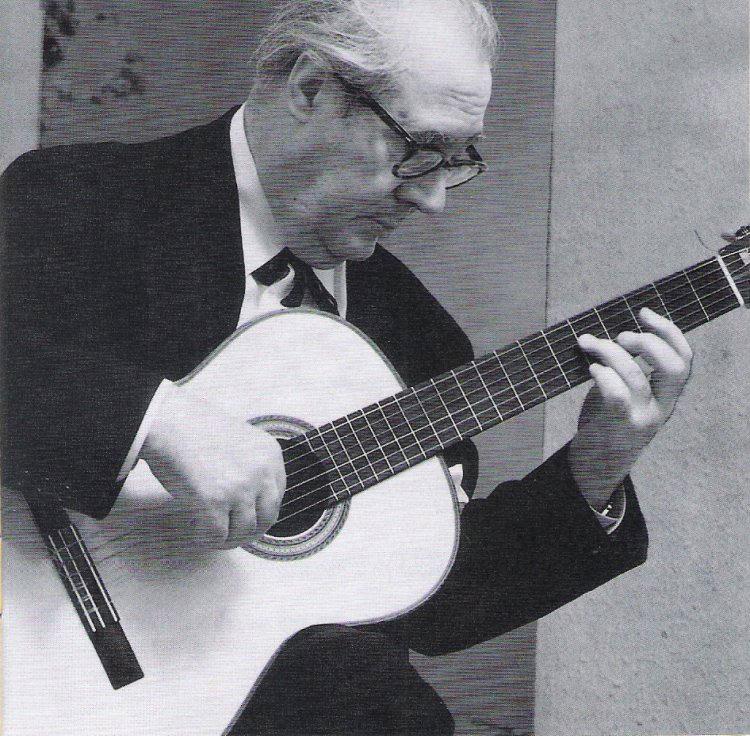
Known as the father of the modern classical guitar, Segovia's influence on the instrument cannot be overstated. He elevated the guitar's status as a concert instrument, expanding its repertoire and commissioning new works from prominent composers. Segovia's exceptional technique, refined musicality, and dedication to promoting the guitar paved the way for future generations of guitarists.
2. Julian Bream (1933-2020):
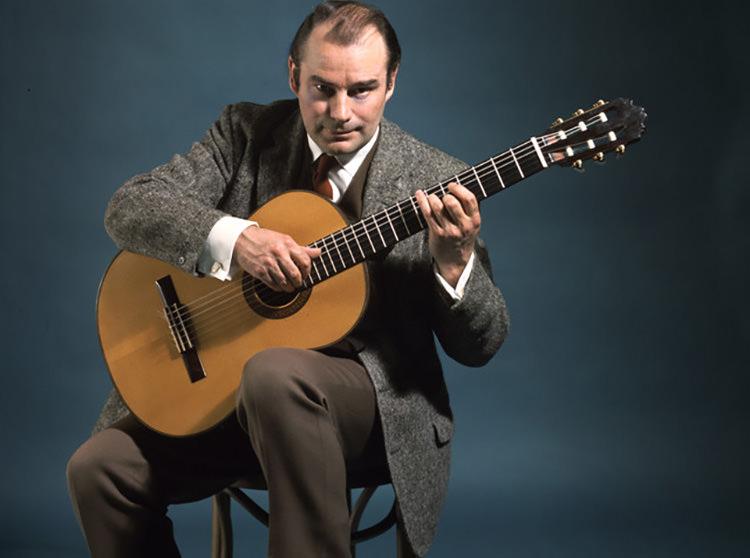
Revered for his technical brilliance and expressive interpretations, Julian Bream was a celebrated British guitarist. He explored a vast range of styles and eras, from Renaissance and Baroque music to contemporary works. Bream's impeccable technique and profound musicality made him one of the most influential classical guitarists of the 20th century.
3. John Williams (born 1941):
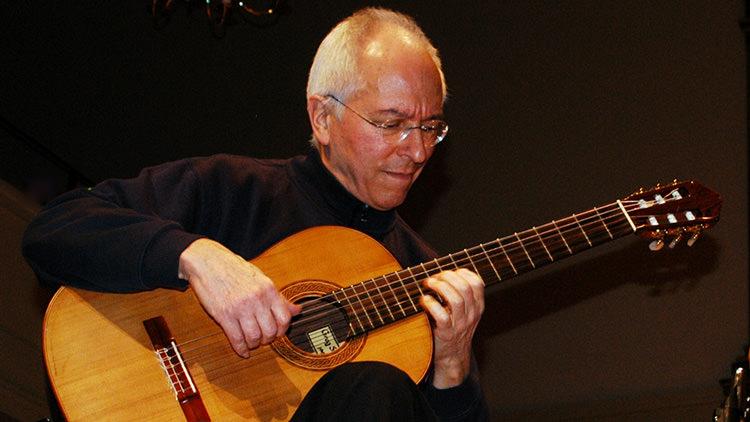
Australian-born guitarist John Williams is widely recognized for his extraordinary skill and versatility. He has captivated audiences worldwide with his interpretations of classical works, collaborations with orchestras, and forays into diverse musical genres, including jazz and contemporary music. Williams' performances and recordings have made him one of the most prominent classical guitarists of his generation.
4. David Russell (born 1953):
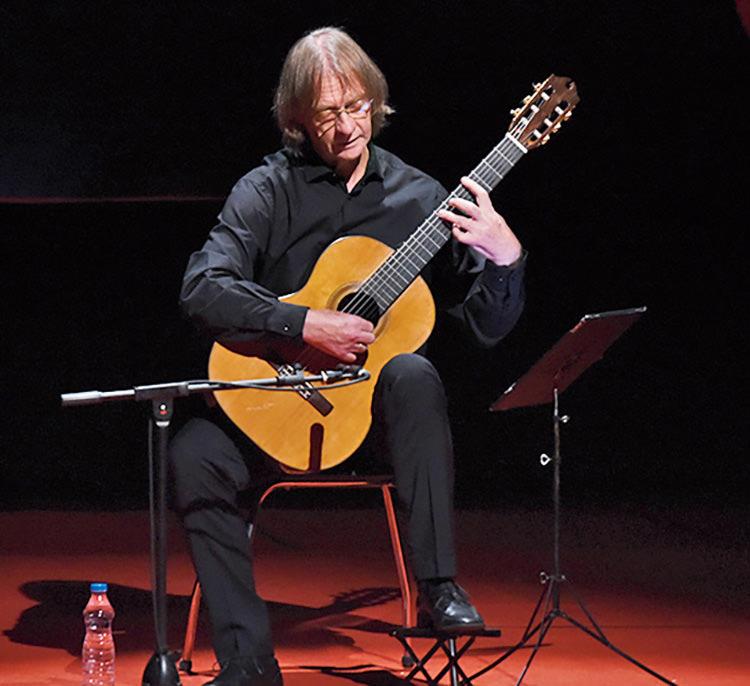
Scottish guitarist David Russell is celebrated for his exquisite musicality and technical mastery. His interpretations of classical repertoire, particularly works by Baroque composers like Bach and Scarlatti, have garnered critical acclaim. Russell's impeccable technique and profound expressiveness have solidified his place among the elite classical guitarists of our time.
5. Sharon Isbin (born 1956):
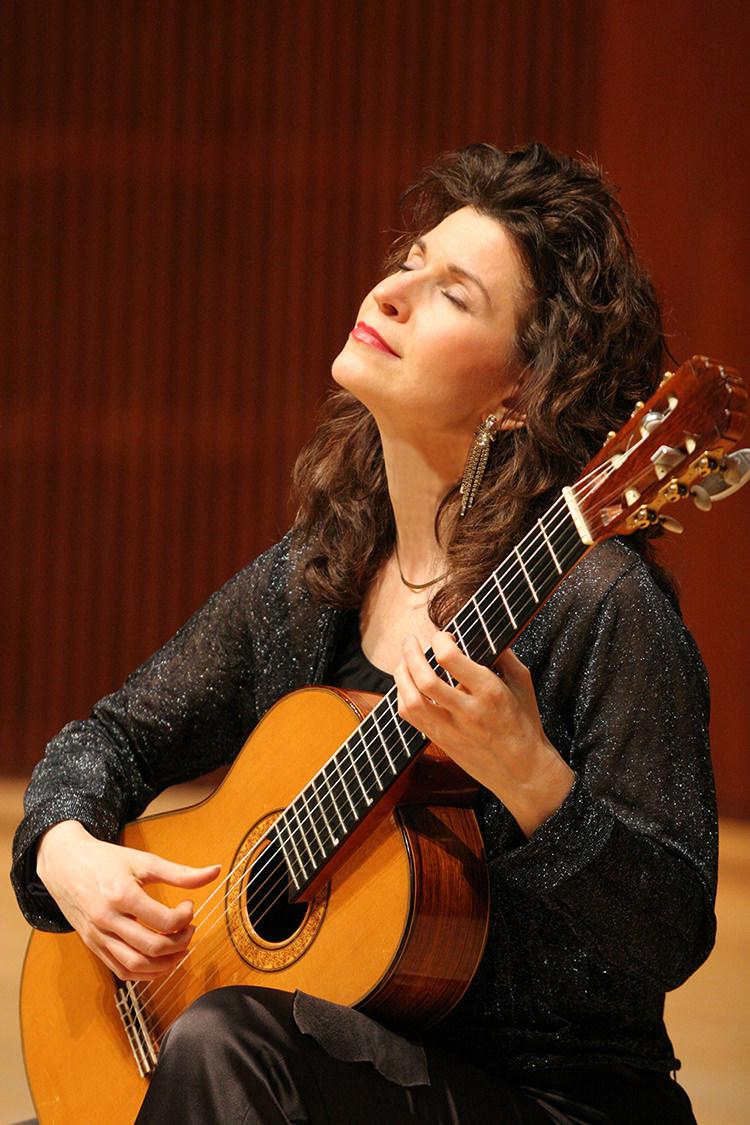
Acclaimed for her refined playing and extensive contributions to the classical guitar world, Sharon Isbin has pushed the boundaries of the instrument. She has championed contemporary compositions, collaborated with renowned artists from various genres, and garnered numerous accolades for her virtuosity and artistry. Isbin's remarkable contributions have elevated the status of the classical guitar on the international stage.
These are just a few of the many extraordinary classical guitarists who have made a significant impact on the instrument's history and development. Each guitarist brings their unique style, interpretive skills, and technical prowess, adding to the rich tapestry of classical guitar music.
Listening to classical guitar offers a unique and captivating musical experience that is worth exploring for several reasons:
1. Sublime Beauty: The classical guitar possesses a delicate and enchanting sound that has a unique ability to captivate and mesmerize listeners. Its warm and rich tones, produced by nylon strings and resonant wooden construction, create a sense of intimacy and elegance. The guitar's lyrical melodies and intricate harmonies can evoke deep emotions and transport listeners to a world of sublime beauty.
2. Exquisite Repertoire: Classical guitar music encompasses a vast repertoire that spans centuries of musical history. From the intricate counterpoint of Baroque compositions to the passionate romantic pieces and contemporary works, the genre offers a wealth of masterpieces to explore. Listening to classical guitar allows you to discover and appreciate the genius of composers such as Bach, Tarrega, Villa-Lobos, and many others, whose music has been uniquely tailored for the instrument.
3. Technical Brilliance: Classical guitar playing requires exceptional skill, precision, and control. Listening to accomplished classical guitarists allows you to witness the mastery of intricate fingerpicking patterns, nuanced phrasing, and expressive dynamics. The virtuosic techniques and flawless execution demonstrated by classical guitarists can be awe-inspiring and provide a deeper appreciation for the instrument's technical complexities.
4. Intimate Connection: The classical guitar is often played as a solo instrument, creating an intimate connection between the performer and the listener. The subtlety and nuance of the instrument allow for a personal and emotional connection that can be deeply moving. The guitarist's ability to convey their emotions and interpretations through the instrument creates a unique and intimate musical experience.
5. Tranquility and Relaxation: Listening to classical guitar can be a source of tranquility and relaxation. The gentle and soothing qualities of the instrument's sound have a calming effect, allowing you to unwind and escape the stresses of daily life. The meditative nature of classical guitar music can promote a sense of serenity and provide a peaceful sanctuary in a busy world.
6. Cultural Heritage: Classical guitar music has a rich cultural heritage that is worth exploring. It is deeply rooted in various traditions, including Spanish, Latin American, and European musical cultures. By listening to classical guitar, you can connect with different cultural expressions and appreciate the historical significance and artistic legacy of the instrument.
In summary, listening to classical guitar offers a unique and captivating musical experience that combines sublime beauty, technical brilliance, intimate connection, relaxation, and cultural enrichment. It allows you to immerse yourself in a world of exquisite melodies and explore the rich repertoire and artistic expressions of this remarkable instrument.
Our website respects the intellectual property rights of creators, as well as the music rights of authors and composers.
The musical works are provided solely for the private use of each visitor/user
and any further exploitation of them in any way is prohibited without prior permission from AUTODIA and EDEM Rights.
Radio Art is fully approved by the Greek Collective Rights Organizations | AUTODIA | EDEM Rights
Copyright © RABS - Radio Art Broadcasting services Ltd. All rights reserved.
The Art of Relaxing & Meditation Music
Privacy Policy & TOS








